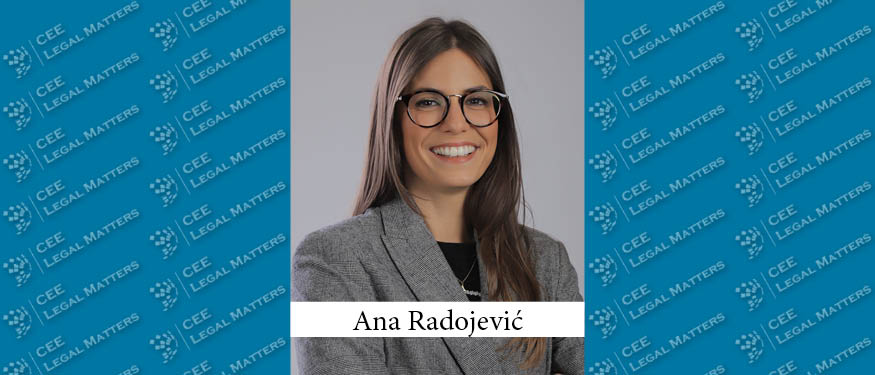In light of Elon Musk’s recently expanded lawsuit, which includes antitrust claims and names Microsoft as an additional defendant, OpenAI faces yet another legal challenge. As a global leader in the development of generative artificial intelligence, OpenAI remains committed to its mission: creating AI technology that benefits humanity while actively addressing legal and ethical dilemmas.
Musk’s Lawsuit: Allegations of Market Monopolization
According to the expanded lawsuit, OpenAI and Microsoft are accused of attempting to monopolize the generative AI market through exclusive licensing agreements and practices that allegedly exclude competition. Musk’s legal team argues that these agreements violate antitrust regulations, labeling them as “a merger lacking regulatory approval”.
The lawsuit highlights several key issues:
• Market Monopolization: Microsoft and OpenAI are alleged to jointly control critical resources and data essential for the development of advanced AI models, making market entry challenging for new competitors.
• Data Misuse: The alleged use of data from the X platform and other sources without proper authorization presents a significant legal concern.
Relationship with Microsoft
The relationship between OpenAI and Microsoft represents a strategic partnership deeply rooted in AI development and deployment. Microsoft, as one of OpenAI’s largest financial backers, has invested billions of dollars to support the advancement of generative AI technologies, including ChatGPT. This partnership extends beyond financial support, encompassing technological integration that has significantly expanded the capabilities of both companies.
Through this collaboration, OpenAI’s technologies have been embedded in Microsoft’s products, such as Azure and Office, providing billions of users worldwide access to innovative AI-powered tools.
While the partnership has in many ways revolutionized the AI market, it has also faced criticism and legal scrutiny. Exclusive agreements and the dominance of Microsoft’s products in the market have raised concerns about potential monopolistic behavior, culminating in antitrust claims such as those in Musk’s expanded lawsuit.
Conclusion
Antitrust concerns in the AI industry are becoming an increasingly prominent focus for regulators worldwide. As technologies like generative AI grow to become integral to businesses and society, the need for regulation and fair market practices intensifies.
Ultimately, legal proceedings like Musk’s lawsuit underscore the complexity and dynamism of the AI industry, highlighting the necessity for clearer legal and ethical frameworks.
This article is for informational purposes only and does not constitute legal advice. For further information, feel free to contact us.
By Ana Radojevic, Senior Associate, PR Legal




